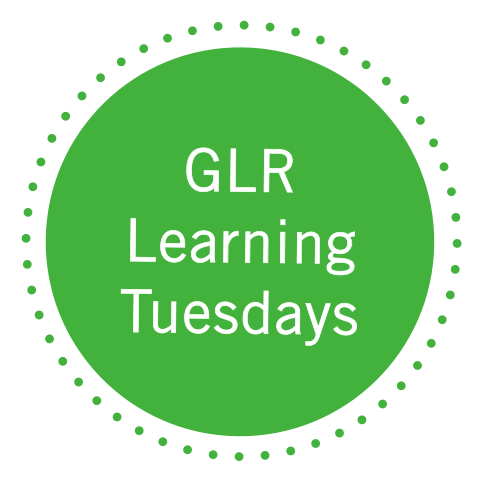
- This event has passed.
For-Profit Child Care: Implications, Challenges and Opportunities

This important session was part of CGLR’s ongoing series exploring the persistent challenges and the hoped for future of child care that began in fall 2024. Many of you joined those sessions with Dan Wuori, author of The Daycare Myth, along with other experts, including state leaders who are implementing promising strategies and advocates who are committed to ensuring that we are ready for the future of child care. We looked at strategies to address the “three legged stool” of affordability, quality, and workforce development/retention. We also “interrogated” and re-imagined the future of child care in our discussions with expert leaders. This week, we had the chance to pick up on one of the important factors in the future of child care: the increasing pace of private investment in the systems of support that families need so desperately.
CGLR’s good partner and early childhood expert, Marica Cox Mitchell of the Bainum Family Foundation moderated a robust discussion among advocates and providers with diverse and sometimes conflicting perspectives. Marquita Davis, Ph.D., of KinderCare, Elliot Haspel of Capita, Radha Mohan, J.D., of the Early Care and Education Consortium, Susan Gale Perry of Child Care Aware of America, Arthur Rolnick, Ph.D., of the University of Minnesota, Linda Smith of the Buffett Early Childhood Institute and Simon Workman of Prenatal to Five Fiscal Strategies engaged in a moderated discussion about the impact of private investment in early care. A big part of the conversation was consideration of guardrails that may be needed for all providers and especially those backed by private equity and other profit-seeking entities. Haspel explained what is meant by guardrails, offering an example from Massachusetts, and then came back to the core point that all speakers emphasized no matter the type of provider or the guardrails in place:
This idea of common-sense guardrails is important. You can look at what Massachusetts did. They said, if you want public money and you’re a large for-profit chain, you have to agree to some common-sense things. You have to agree to a higher level of financial disclosure to check on whether you are over indebted — you would need to report this. You have to agree to spend a certain amount of this public money on educator salaries. So it’s those sorts of guardrails that really give accountability, that give sunlight. But we also need to get the bigger picture in mind, which is how do we center [the voices and experiences of] those who are most affected by the system and how do we build toward a system that’s going to work for them, even if that’s not the system we have today.
The conversation continued and we heard differing opinions about how the issues of accessibility, affordability, and workforce are impacted by whether a provider is backed by profit-seeking entities such as private equity or the stock market. At the heart of it all, everyone agreed that it is important to move beyond the type of financing behind the provider and address the issues that are common across all providers to ensure that the needs of families are met and young children from all backgrounds have the chance to get ready for kindergarten. Davis also emphasized the importance of guardrails for all providers to ensure the persistent challenges are addressed:
I do think it’s important that we impose guardrails on everyone. I’ve worked in all of the systems, and when we talk about guardrails, we can’t just think about one part of the system. If we care about all children showing up in these multiple systems, we invest in the teacher training, we invest in increasing their salaries, we invest in the things that families need and want for good outcomes for their children. So guardrails writ large should be what we’re doing for the early learning field. I think there are benefits of imposing standards of quality on all providers, especially around the notion of finance.
CGLR was thrilled to have the opportunity to use its GLR Learning Tuesdays platform to hold a conversation of differing opinions, and we are inspired to develop future sessions that will continue to address child care challenges and opportunities. Keep your eye out for announcements. For now, we hope you will join us again for upcoming sessions.
If you were able to attend the session, we would love to hear your feedback! We appreciate your help in filling out the following form as we seek to learn and understand the perspectives, ideas, critiques and recommendations that better inform our key audiences.
Panel










